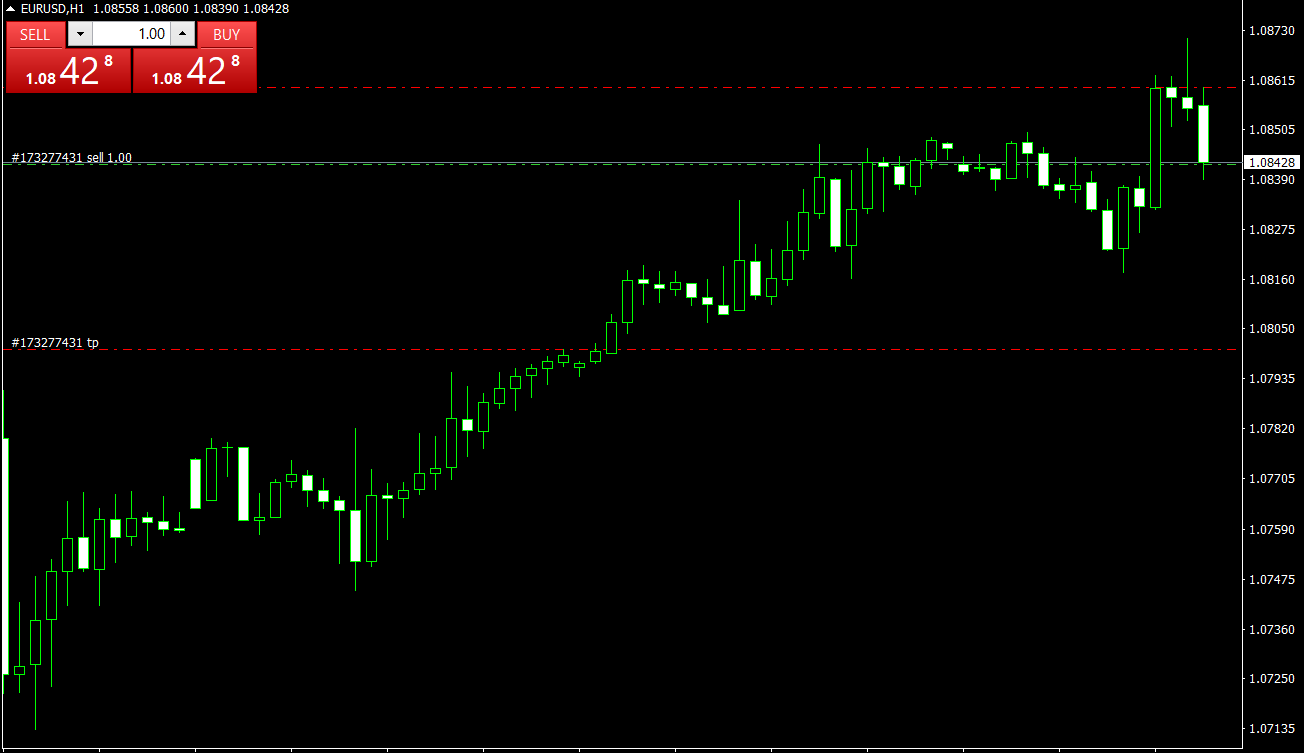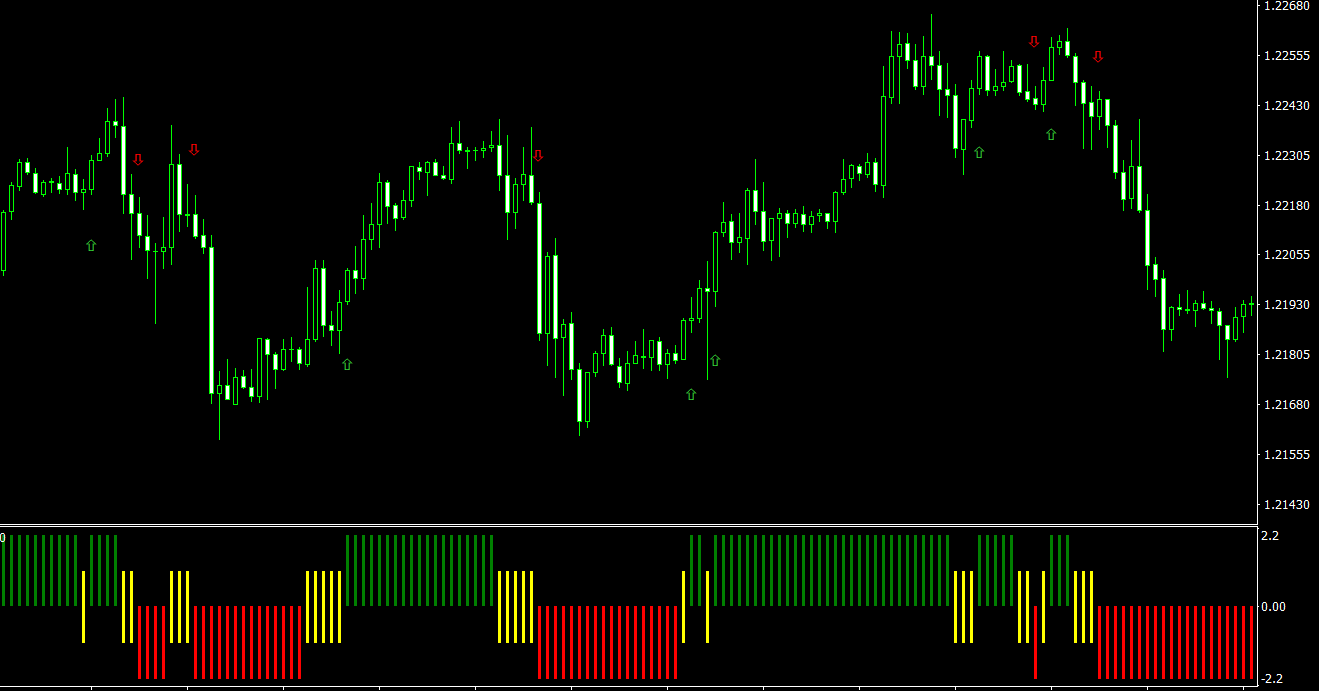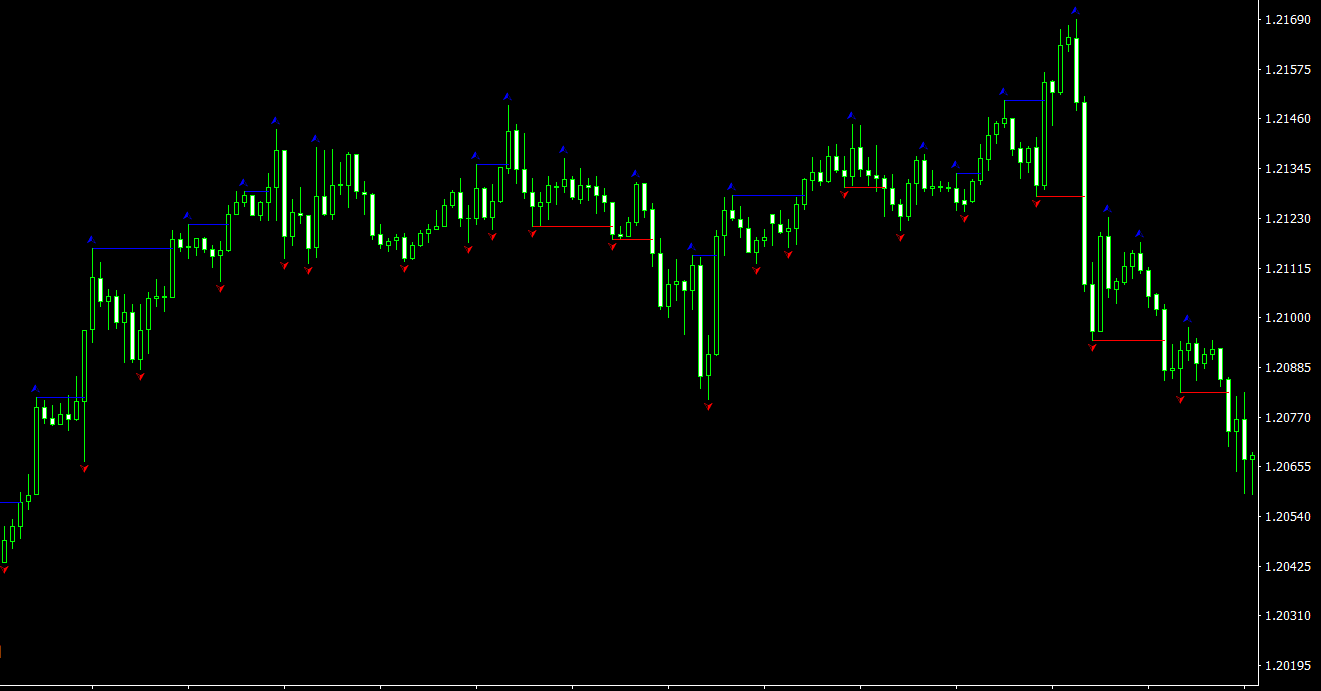Slippage is an inevitable aspect of forex trading that every trader should understand to effectively navigate the market. It can have a significant impact on the profitability and risk management of your trades. In this article, we will explore the concept of slippage in forex trading, its causes, and practical strategies to minimize its occurrence and impact on your trading performance.
What is Slippage in Forex Trading?
In forex trading, slippage occurs when an order is executed at a price different from the one initially requested. This discrepancy can result in either a better or worse outcome for the trader, depending on the direction of the price movement. Slippage is typically associated with market orders, where a trader’s order is filled immediately at the best available price.
Causes of Slippage
- Market Volatility: One of the primary causes of slippage is market volatility. Rapid price fluctuations can cause a significant gap between the price at which a trader places an order and the price at which it is filled. This is especially common during major economic announcements, geopolitical events, or sudden changes in market sentiment.
- Liquidity: Slippage is also influenced by the level of liquidity in the market. When liquidity is low, the number of market participants willing to take the opposite side of a trade is limited, which can lead to larger price discrepancies between the requested and executed prices.
- Execution Speed: The speed at which a broker can execute orders can impact the likelihood of slippage. If a broker’s systems are slow or inefficient, the time it takes to execute an order may increase, allowing for more significant price movements between the order placement and execution.
Strategies to Minimize Slippage
- Limit Orders: Instead of using market orders, consider using limit orders. Limit orders allow you to set a specific price at which you are willing to buy or sell a currency pair, ensuring that your order will only be executed if the market reaches that price or better. This can help you avoid slippage in volatile markets by providing more control over the execution price.
- Trade During Liquid Market Hours: Trading during periods of high liquidity can help minimize the occurrence of slippage. The forex market is typically most liquid during the overlap of major trading sessions, such as the London and New York sessions. High liquidity levels reduce the likelihood of significant price gaps and allow for faster order execution.
- Choose a Reputable Broker: The quality of your broker can have a significant impact on the likelihood of experiencing slippage. Select a broker with a proven track record of fast and efficient order execution. Moreover, reputable brokers usually have access to deeper liquidity pools, reducing the chances of slippage.
- Avoid Trading Around Major News Events: Economic announcements and major news events can cause rapid price fluctuations and increase the likelihood of slippage. To minimize the impact of such events on your trades, consider avoiding trading during these times or using a more conservative trading strategy.
- Use Stop-Loss Orders: While stop-loss orders cannot prevent slippage, they can help mitigate its impact on your trading performance. By setting a stop-loss order, you can limit your losses in case the market moves against you, protecting your capital and reducing the negative impact of slippage.
Conclusion
Slippage is an inherent aspect of forex trading that can significantly impact a trader’s profitability and risk management. By understanding its causes and implementing practical strategies to minimize its occurrence, traders can better navigate the market and improve their overall trading performance. Using limit orders, trading during liquid market hours, selecting a reputable broker, avoiding trading around major news events, and utilizing stop-loss orders are all effective ways to minimize the impact of slippage on your trades. By being proactive and vigilant, you can reduce the likelihood of slippage and its potential negative consequences, allowing you to focus on developing and executing your trading strategies with greater confidence and success.



